Making It Ultra-Fast – Your Website Speed Matters
Making It Ultra-Fast – Your Website Speed Matters
In today’s modern world where the internet has become a necessity, people are relying on information through websites. This is the reason why businesses or organizations need to have their website. Though many say that having an official social media page can help build an online presence, nothing beats having your domain name and a website.
Maintaining your website does not only mean publishing content regularly. This should also include ensuring that the web pages are loading in the correct format and could adapt to any device. Apart from this, website administrators know that they should ensure that the home and web pages are loading fast.
Why should we prioritize having fast websites?
Once in your life, you might have experienced visiting a website but it took time to load. Now, imagine your customers or users visiting your website and facing the same issue. Wouldn’t you feel somehow apologetic?
A slow website affects the user’s experience. This could lead them to check for your competitor, which could have a faster loading website. Did you know that Google and some search engines also consider site speed in determining the rank of your page in the search result? Your site could end up in the last pages where users rarely visit.
How to make your website faster than ever
People appreciate fast-loading websites. Do a check on your website’s speed (like Google’s PageSpeed Insights and other similar sites). Once you got the results, it will usually provide suggestions on what should be fixed. In case you would like to have it fixed without doing these tests, here are some of the tips on how to make your website load much faster.
1. Use other formats of uploading images.
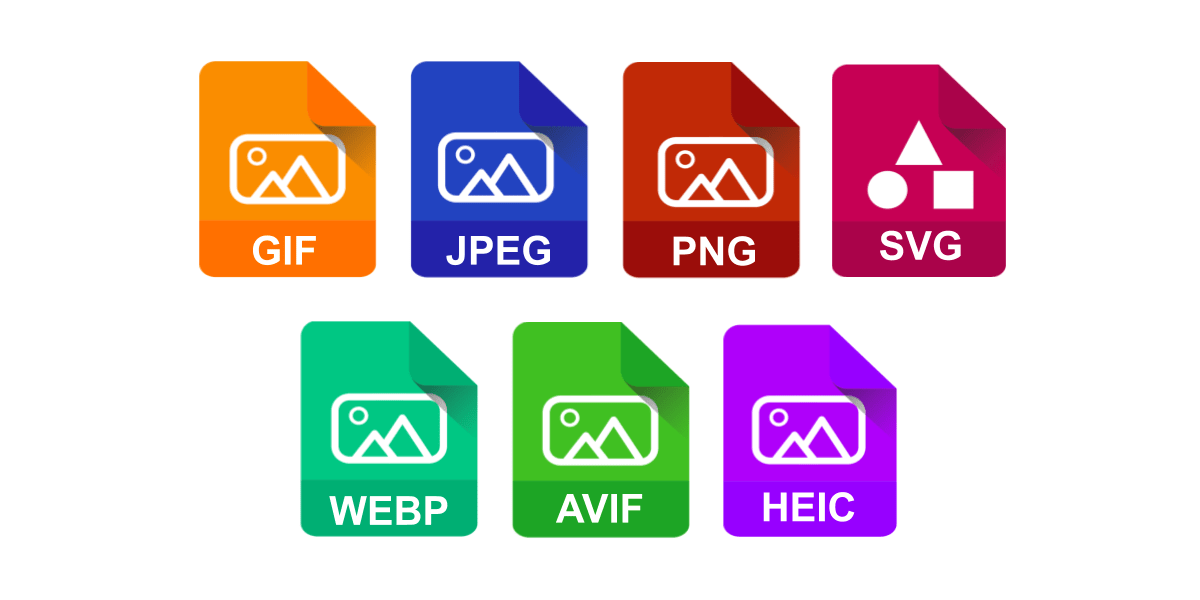
The website’s ‘weight’ is usually due to the images and media that are on the web pages. Use a tool such as Picturefill, where it can detect the visitor’s screen size and adjust accordingly to the best view of the image. If you are worried that compressing media files like images may affect the quality, there are other options available that will not sacrifice the vividness of the photo. This is done by adopting new image formats like WebP and Jpeg XR. WebP is a Google-developed picture file format that serves as a replacement for popular image file formats such as JPEG and GIF. When you convert an image to this file type, it will shrink in size while maintaining the same (or even better) quality. Jpeg XR, on the other hand, is a Microsoft-developed technology (also known as JPEG Extended Range). It supports lossless compression and compresses both standard and file formats.
2. Remove pop-ups and ads.

In recent years, many technologies help in blocking ads and pop-ups from websites. Whether you earn from these advertisers or use them to your advantage, ads can slow down the loading time of your website. It is recommended to remove them all as much as possible. Nothing pays better than promoting your goods or services on the website that you have created yourself. Besides, pop-up ads are truly annoying, and monetizing them pays a very small amount.
3. Take advantage of lazy loading.
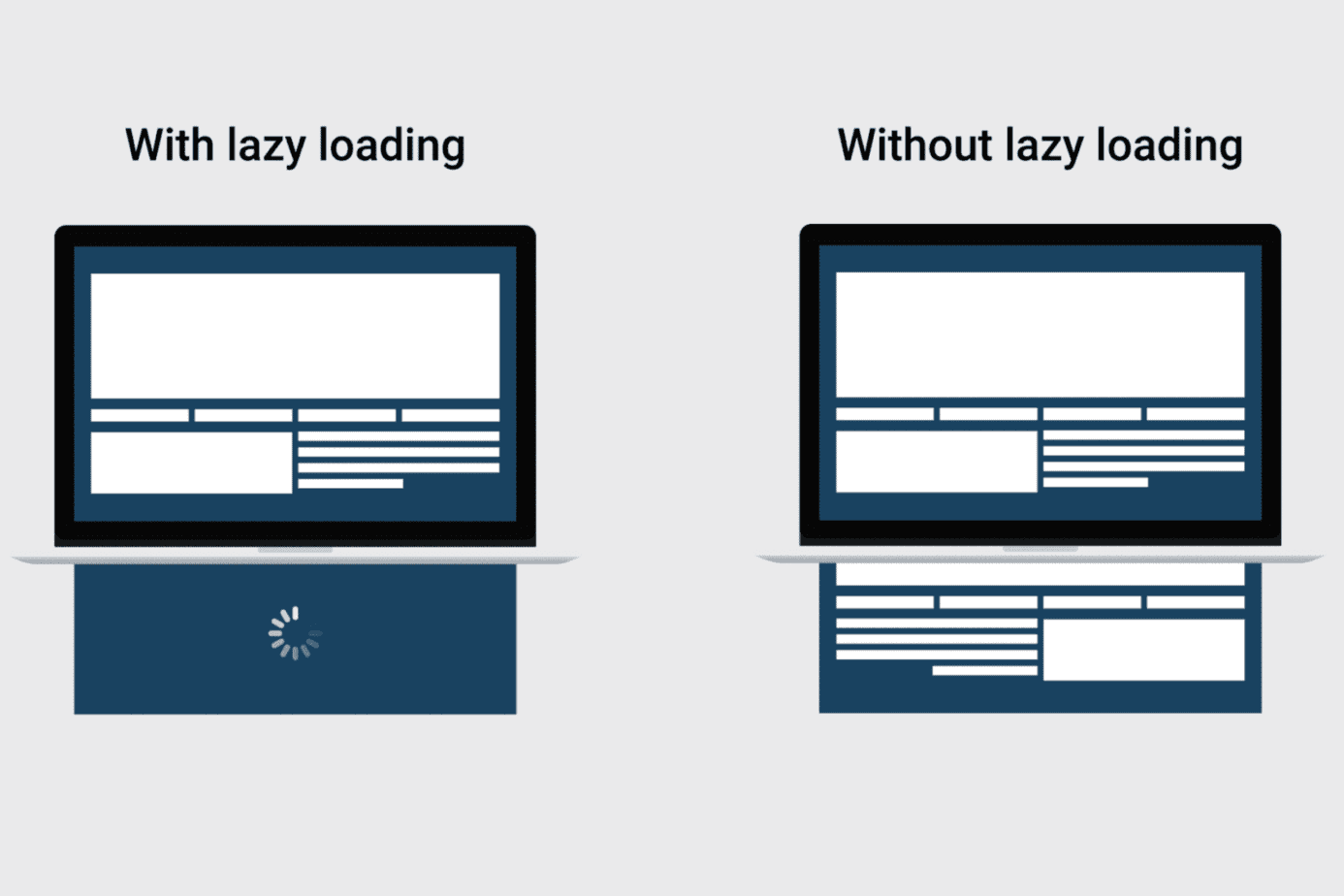
It's exactly what it sounds like - lazy loading. Instead of loading the whole content of a web page as soon as a visitor arrives, it will just load what they need to view on their screen right immediately. The remaining content or information will load when the visitor scrolls down. This is highly recommended for sites containing a lot of photos and videos, which may take up a lot of space on your website. However, this option may not be available on all platforms where you have built your website.
4. A simpler theme could be the key.
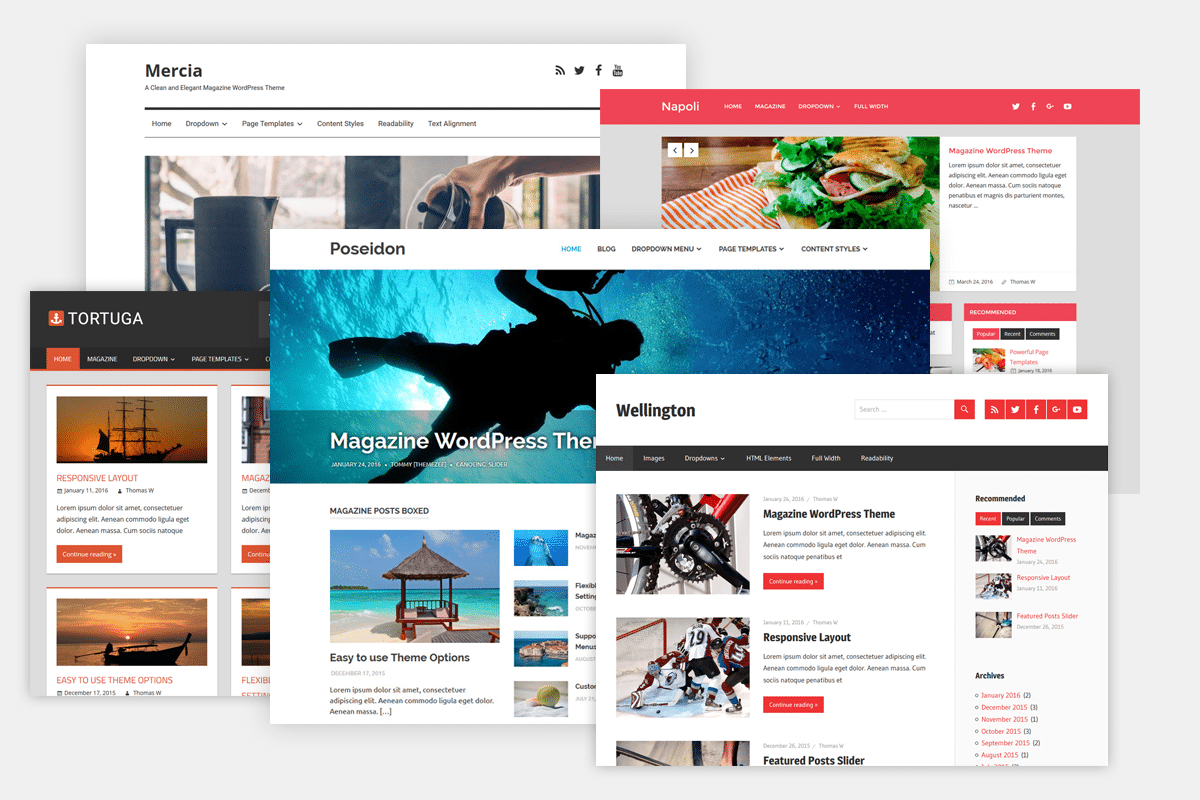
No one wants an ugly website – whether you are the owner or the visitor. Even if it has full of informative content, these websites can be tagged as ‘boring’. To avoid this, some would use a detail-rich or creative theme for their website. Just like high-quality images, this may also affect the loading time when accessing the site. As they say, “less is more”. It is not impossible to have a beautiful website that does not have plenty of design.
5. It could be your web hosting.
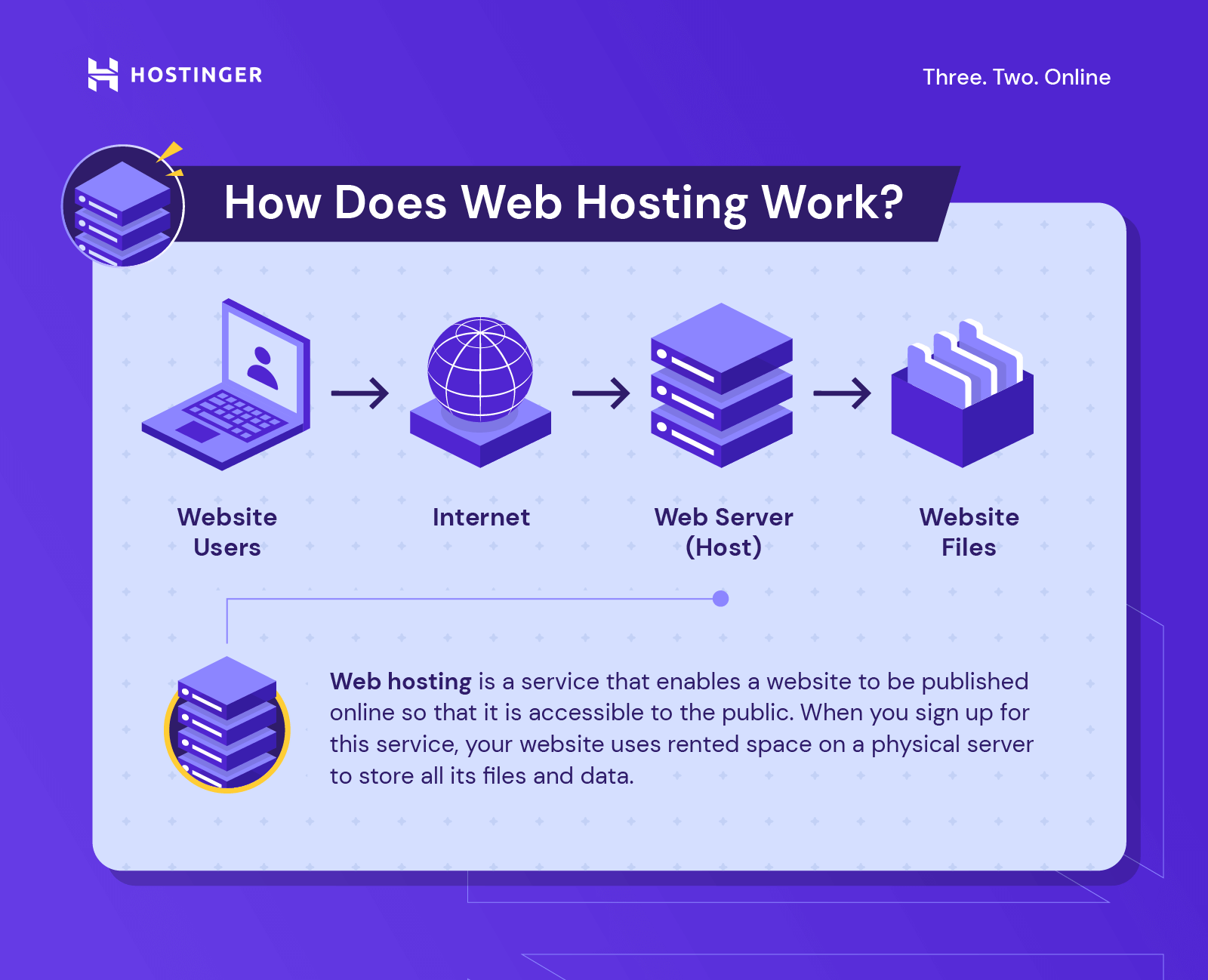
The web hosting industry is a tough business. Huge companies providing this service are continuously attempting to surpass one another on price while neglecting the quality of their service. It's also packed with unethical affiliate marketers. Performance and loading speeds are essential if you're determined to improve your website's Google results. It may come out as harsh, but you won't find that on the cheapest web hosting package accessible online.
6. Turn Browser Caching on.
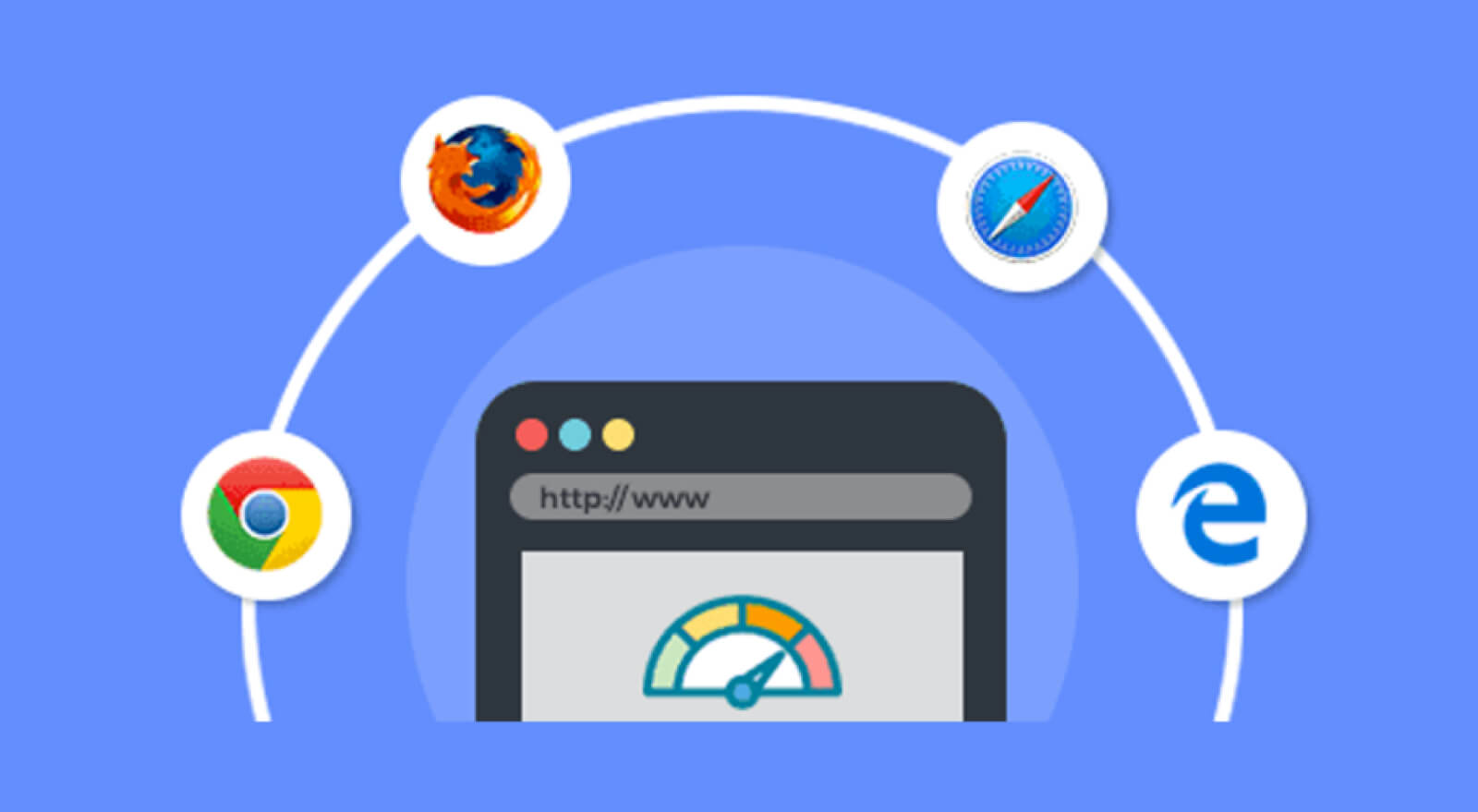
By enabling browser caching, you provide users the possibility to save the content in their browsers. That means that if a visitor returns to your site, they won't have to download all of the data from the server since they've already saved them in their browser. Returning users will notice a huge improvement in the performance of your website. In simpler terms, previous visitors will be able to browse your website faster compared to the new ones.
These are just a few ways how to improve your website’s load times. Depending on the platform, they may have additional functions, plug-ins, and services that will help in making your site faster than ever. As mentioned earlier in the article, there are instances where simpler websites can provide more information while loading faster. Especially when using your website for business, you lose money and give the bored visitors a chance to check on what your competitors are offering.
Have a hard time deciding whether to choose a media-rich or a faster-loading website? Digital marketing agencies offering website development can help you get the best of both worlds. They can even make your website more personalized without suffering on quality.
Let's talk about your Project
Be at the TOP of Google, Yahoo and Bing Search Results for only $0! As part of our commitment to serve and help Small and Medium Enterprises in the UAE, we’re giving out FREE 1 MONTH PREMIUM SEO SERVICE. (It’s the same quality SEO service we’ve charged clients up to $5,000 a month for).